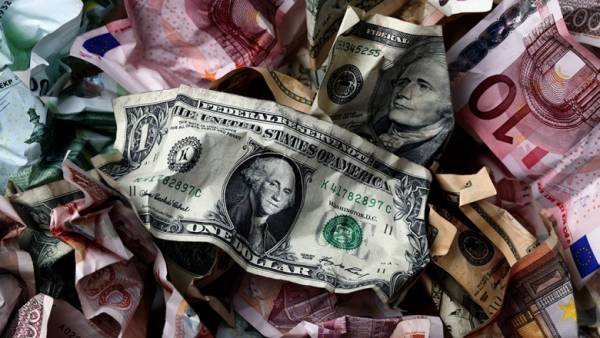Pay for air, shade and sun. The most unexpected taxes in the world
The world is full of strange taxes. For example, the fee for the injury or tattoo. Aify tells what countries charge taxes, it would seem, unexpected things.

In the nineteenth century in Britain was repealed a tax that operated for several centuries. It was a very strange tax by our standards: the Windows. It was introduced in 1696 by king William III of Orange. The fact that the glass Windows in the XVII could afford only wealthy people, and hide them from prying was impossible. The British window tax is, in fact, a modern analogue of the luxury tax: I have a good income and the opportunity to buy a glass (or even the most expensive of its kind: solid, not composed of pieces), please share it with the government.
Nowadays people deduct payroll taxes, pay for apartments, villas, cars. But the world is full of strange, at first glance, contributions, British window tax. And they are still.
USA: Drugs, tattoos, fast food
In the U.S. state of Tennessee levies a tax on controlled substances. These include marijuana, ecstasy, cocaine and other drugs. On condition of anonymity, the organization collects contributions Internal Service. While drugs, of course, the state is generally prohibited. I wonder if state police catch a drug dealer and he will show them a receipt confirming the payment of tax on cocaine or marijuana, then he can count on a reduced sentence for drug trafficking.
Another unusual tax, which is levied on the Americans, — the fee for the piercing and tattoos. He acts in Arkansas.
Fans to decorate the body and face with tattoos and/or earrings must pay to the Treasury a special fee in the amount of 6% of the cost for each tattoo or piercing.
This tax was introduced in 2005, it is part of the American campaign against tattoos: authorities fear that Amateur application of tattoos has risks of infection with various infections, including HIV and hepatitis.
In America acts multiple taxes on food and beverages. In particular, in new York city established the fee on products, but sliced bread is subject to double taxation: first as food, then like cooked. But in California applies a tax of 33% (!) fresh fruit that are sold in vending machines. In Chicago candy, which contains flour, are subject to a one percent tax, and sweets without flour, have to pay of 6.25%.